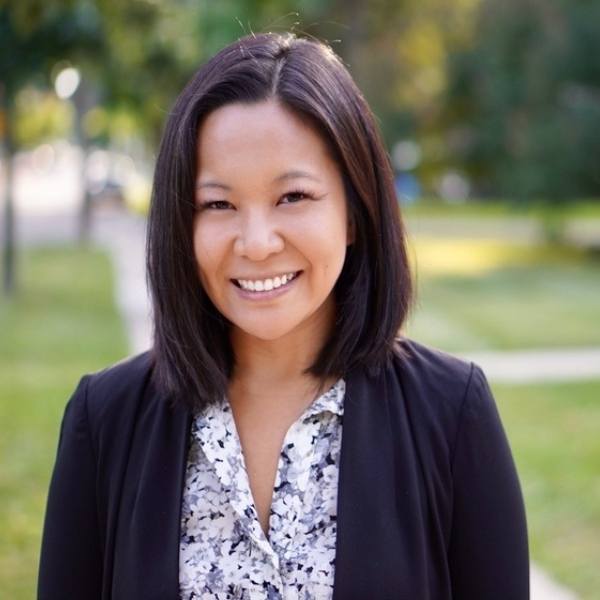Mental health of college students is getting worse; fewer students of color are seeking help
While many refer to their college years as the best time of their lives, it can also be an era rife with stress and uncertainty. A recent study revealed that not only are mental health issues rising for college students, but that students of color were less likely to seek help.
The study, co-authored by the Healthy Minds team, showed that more than 60% of students met the criteria for one or more mental health problems, a nearly 50% increase from 2013.

While mental health worsened among all groups over the study period, researchers, including Wayne State Public Health Professor Sasha Zhou, Ph.D., are concerned that fewer students of color sought help compared to their white classmates.
In fact, the highest annual rate of past-year treatment for Asian, Black and Latinx students was at or below the lowest rate for white students.
What's more, some populations were actually less likely to seek help than they were a decade ago. The data showed that Arab American students experienced a 22% increase in mental health symptoms coupled with an 18% decrease in help-seeking.
While the body of research in this area is growing, Zhou's own findings point to a stigma toward mental health support in some communities.
"We know that many of these students have identified as the children of first-generation immigrants. That can lead to a comparative experience that sometimes undermines their own mental health symptoms," said Zhou. "Compared to what their parents faced, they don't feel their problems are important enough to bring up."
Targeted support
So what can colleges and universities do to encourage students of color to take advantage of existing mental health support?
The next steps are clear, according to Zhou. "We need to explore best practices and how institutions can better support Arab American/Middle Eastern-identifying students. Continued data collection at the institutional level is vital.
"Are there things within the campus structure that can be changed to better support campus mental health? How do students feel like they can be best supported? These are the kinds of questions we should be asking."
Zhou will continue her exploration of student mental health thanks to a new grant from the Robert Wood Johnson Foundation. Her project will focus on the mental health of Arab American and Asian Pacific Islander Desi American college students. Particularly, how campus policies and contextual factors may impact these mental health disparities.
As for the Healthy Minds Network research, follow-up studies may include exploring barriers to treatment and how the characteristics of particular colleges and universities may impact help-seeking.
Wayne State University students seeking mental health support can reach out to WSU's Counseling and Psychological Services (CAPS) at caps.wayne.edu.